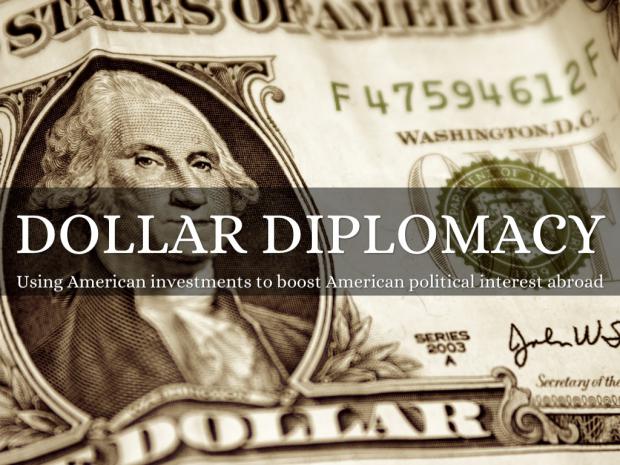
Breaking News
 The Tenpenny Files with Patrick Byrne
The Tenpenny Files with Patrick Byrne
 What Just Happened With Ron Paul Changes EVERYTHING (You're Witnessing History)
What Just Happened With Ron Paul Changes EVERYTHING (You're Witnessing History)
 Piers Morgan CLASHES with Candace Owens During On-Air Firestorm Interview:
Piers Morgan CLASHES with Candace Owens During On-Air Firestorm Interview:
 House Passes Bill to Prosecute Doctors and Parents for Sex Changes for Children...
House Passes Bill to Prosecute Doctors and Parents for Sex Changes for Children...
Top Tech News
 This tiny dev board is packed with features for ambitious makers
This tiny dev board is packed with features for ambitious makers
 Scientists Discover Gel to Regrow Tooth Enamel
Scientists Discover Gel to Regrow Tooth Enamel
 Vitamin C and Dandelion Root Killing Cancer Cells -- as Former CDC Director Calls for COVID-19...
Vitamin C and Dandelion Root Killing Cancer Cells -- as Former CDC Director Calls for COVID-19...
 Galactic Brain: US firm plans space-based data centers, power grid to challenge China
Galactic Brain: US firm plans space-based data centers, power grid to challenge China
 A microbial cleanup for glyphosate just earned a patent. Here's why that matters
A microbial cleanup for glyphosate just earned a patent. Here's why that matters
 Japan Breaks Internet Speed Record with 5 Million Times Faster Data Transfer
Japan Breaks Internet Speed Record with 5 Million Times Faster Data Transfer
 Advanced Propulsion Resources Part 1 of 2
Advanced Propulsion Resources Part 1 of 2
 PulsarFusion a forward-thinking UK aerospace company, is pushing the boundaries of space travel...
PulsarFusion a forward-thinking UK aerospace company, is pushing the boundaries of space travel...
 Dinky little laser box throws big-screen entertainment from inches away
Dinky little laser box throws big-screen entertainment from inches away
 'World's first' sodium-ion flashlight shines bright even at -40 ºF
'World's first' sodium-ion flashlight shines bright even at -40 ºF
Foreign Aid and Sanctions

Foreign aid is money that the U.S. government sends to certain foreign regimes. The purpose of the money is to secure loyalty to the U.S. Empire. That loyalty comes in the form of votes in the United Nations or support for U.S. imperialist escapades abroad.
There is hardly ever a formal quid pro quo involved in foreign aid. That is, U.S. officials do not expressly say to a foreign leader, "If you will agree to become a loyal member of the U.S. Empire and support whatever the Empire does, we will send you hundreds of millions of U.S. dollars."
Instead, foreign aid is based on an implied bribery agreement. Everyone understands what the core term of the agreement is: "We will give you this money and you, in return, will do as we dictate. If you fail to do so, your foreign aid will be terminated."
The situation is somewhat similar to how many politicians in democratic countries handle voters. During their campaigns, the candidates offer voters all sorts of "free" programs. The voters vote for that candidate in order to receive the "free" programs. Once the candidate is elected, he provides the "free" programs or at least does his best to do so. If he doesn't, he is voted out of office in the next election. Thus, it's not a formal bribe because there isn't a formal quid pro quo, but in actuality it's bribe nonetheless.
Corruption and socialism
Another aspect of foreign aid that is important to recognize is that the money is not used to help the "poor, needy, and disadvantaged" in the foreign regime. Instead, it is used for two purposes: one, to fortify the dictatorial control that the receiving regime has over its own citizenry, and, two, to line the pockets of the political leader and the members of his regime, especially those in the military-intelligence sector.
That's why foreign leaders are so intent on pleasing U.S. officials. When they receive a "free" check for, say, $100 million, that's plenty of money to keep and to spread around the bureaucracies, where it then ends up in the private banks accounts of the recipients.
There is something else important to recognize about foreign aid — the foreign money comes from hard-pressed U.S. taxpayers. The IRS seizes a part of people's income and then sends it to foreign officials. That's what makes foreign aid one of the many socialist programs run by the federal government, programs that forcibly take money from people to whom it belongs and send it to people to whom it does not belong.
Sanctions and extortion
As previously pointed out, if a foreign regime violates the implied agreement or fails to play ball, foreign aid is terminated or never extended. Oftentimes, however, that's not all that happens to that regime. That's where sanctions come into play.



